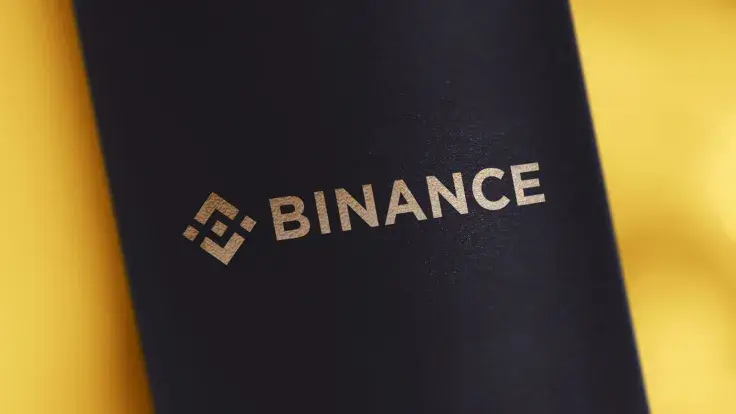
John Reed Stark, former chief of the U.S. Securities and Exchange Commission's Office of Internet Enforcement, opined that Binance's finances are even more "opaque” than those of FTX, Reuters reports. Furthermore, he stated that there is no transparency coming from the exchange.
According to Reuters' analysis of the crypto behemoth's corporate filings, very little is known about Binance.com, the main cryptocurrency exchange.
Information such as cash reserves, profits and revenue are not disclosed by Binance. It is also unknown where the crypto exchange, which has processed an estimated $22 trillion worth of crypto this year, is actually based.
Binance fails to disclose information about the role of its native token on the balance sheet or its exposure to risk when allowing customers to margin trade with borrowed funds.
The review of filings from Binance subsidiaries in countries around the world shows that few details were provided about the overall business structure, operation and how Binance.com moves funds among itself and its many subsidiaries. Evidence suggests that these private entities merely serve as "window dressing" for Binance, with limited or nonexistent activity in their own right.
Recently, global audit firm Mazars, which published Binance's proof-of-reserves report, announced that it would be suspending work with crypto companies moving forward. The decision pushed the price of Bitcoin and other cryptocurrencies due to uncertainty surrounding the financial health of the largest cryptocurrency exchange.
As reported by U.Today, some U.S. federal prosecutors have reportedly gathered enough evidence to bring criminal charges against Binance CEO Changpeng Zhao over alleged money laundering.

 Godfrey Benjamin
Godfrey Benjamin Caroline Amosun
Caroline Amosun Tomiwabold Olajide
Tomiwabold Olajide Gamza Khanzadaev
Gamza Khanzadaev